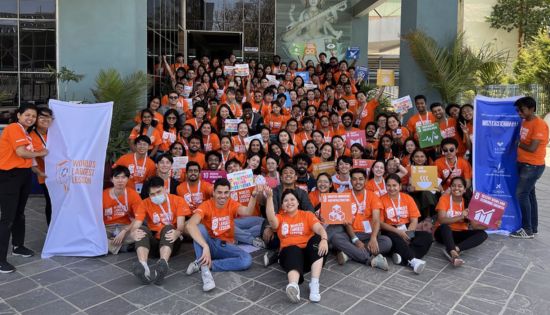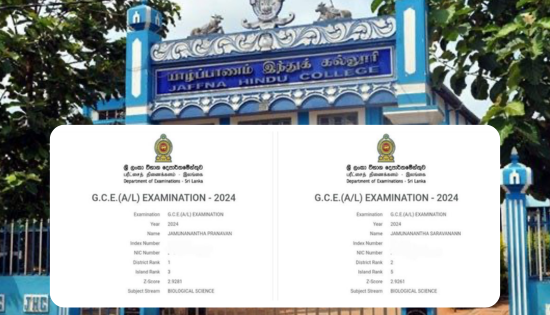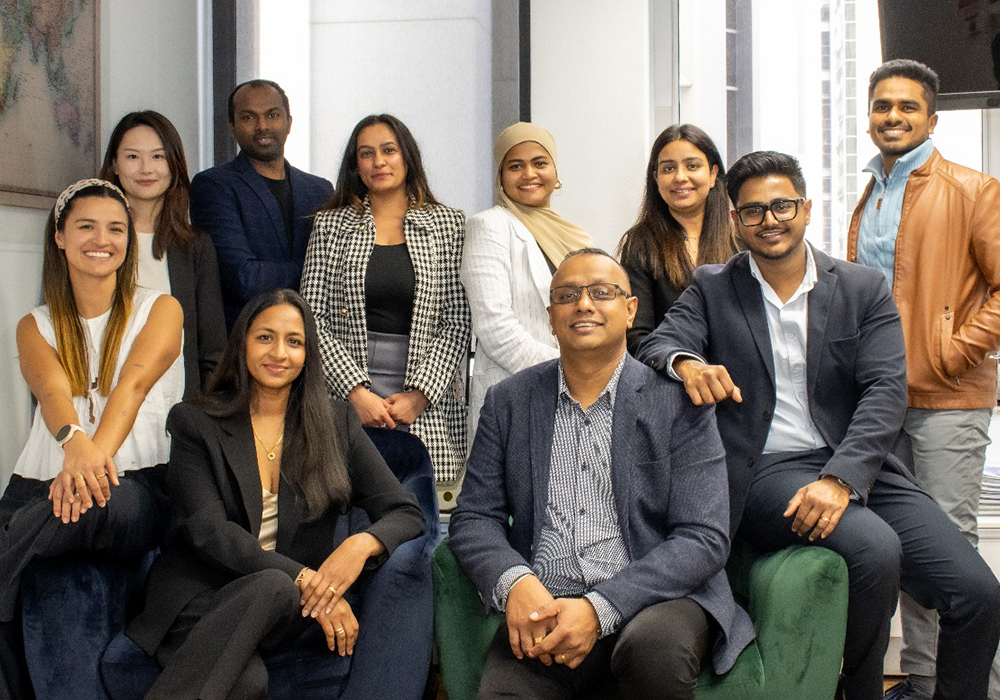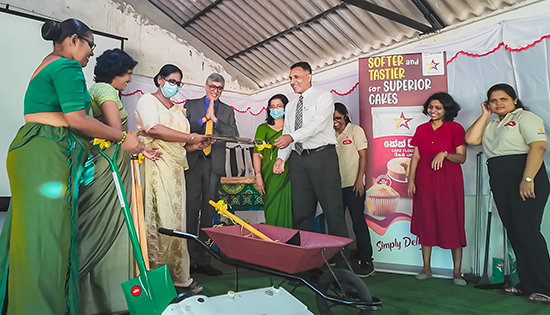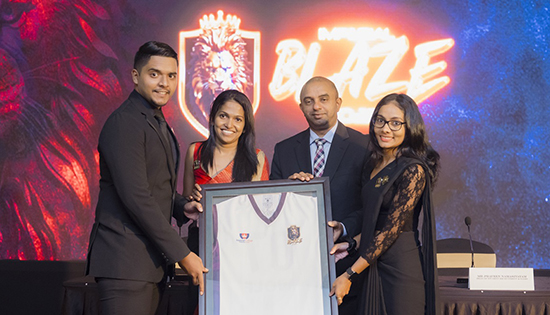Future-Proofing Education: The Critical Shift Towards Practical Learning in Sri Lanka

Incorporating more practical work and activities into the Sri Lankan school education system represents a pivotal shift towards a more dynamic, skill-oriented approach to learning. This transition is not merely an enhancement of the existing curriculum but a necessary evolution to bridge the gap between academic knowledge and real-world application. By aligning educational practices with the needs of the industry and the broader socio-economic context, Sri Lanka can lay the foundation for a future-ready workforce, capable of driving innovation and growth. This article explores the benefits of this approach and the expectations from industry leaders regarding the fine-tuning of the school education system.
The Benefits of Practical Work and Activities
Enhanced Learning Experience: Practical activities provide hands-on experience, making learning more engaging and memorable. This approach helps students understand theoretical concepts better by applying them in real-world scenarios.
Skill Development: By integrating more practical work, students develop critical skills such as problem-solving, critical thinking, creativity, and adaptability. These skills are crucial in almost every industry and are highly valued in the global job market.
Readiness for the Future: The global economy is increasingly driven by innovation and technology. Practical learning ensures students are familiar with the latest technologies and methodologies, preparing them for future challenges and opportunities.
Personal Development: Activities that require teamwork, leadership, and communication foster personal development, enhancing students’ confidence and social skills. This holistic growth is vital for their personal and professional lives.
Industry Expectations and Curriculum Integration
Industry leaders in Sri Lanka and globally emphasize the need for education systems to produce graduates who are not just academically proficient but also adept in applying their knowledge practically. Key areas of focus include:
STEM Education: There’s a growing demand for skills in science, technology, engineering, and mathematics (STEM). Incorporating practical experiments, coding projects, and robotics into the curriculum can ignite interest in these fields and provide a solid foundation for advanced learning.
Digital Literacy: As digital transformation accelerates, basic digital literacy is no longer sufficient. Practical activities involving digital tools, software, and platforms prepare students for a digitized workplace.
Entrepreneurship and Innovation: Projects that simulate business challenges, encourage innovative solutions, and foster entrepreneurial thinking are highly recommended. This not only prepares students for careers but also nurtures the next generation of business leaders and innovators.
Environmental and Social Awareness: Practical projects related to sustainability and community service can cultivate a sense of responsibility towards the environment and society. This aligns with the growing importance of corporate social responsibility in the business world.
Implementing the Shift
Achieving this shift requires collaborative efforts from the government, educational institutions, and the private sector. Investment in teacher training, infrastructure, and resources is crucial. Partnerships with industries for internships, workshops, and project-based learning can provide valuable exposure to real-world applications. Additionally, revising assessment methods to evaluate practical skills and project work alongside traditional exams can further reinforce the importance of practical learning.
Integrating more practical work and activities into the Sri Lankan school education system is essential for aligning education with the dynamic demands of the industry and the future needs of the country. By doing so, Sri Lanka can ensure its youth are not only academically knowledgeable but also practically skilled, innovative, and ready to contribute to the nation’s growth and prosperity. The expectation from industry leaders is clear: a more practical, skills-focused education system is not just beneficial but imperative for the future success of students, the economy, and the country as a whole.
- SW – Suggestion by Team EduWire to Make a Better Tomorrow
Related News
Sirus Migration Announces Exclusive New Zealand and Australia Migration Events in Sri Lanka this July
The team at Sirus Migration Sirus Migration Education, a leading Australia based migration and education consultancy, has announced its upcoming two week…
Read MoreStudy English Language and Literature at CINEC
The Bachelor of Arts in English program at CINEC Campus is designed to equip students with strong competencies in English language, literature,…
Read MoreMaster Employment Law with the CIPM Executive Certificate
The Executive Certificate in Employment Law (ECEL) from CIPM Sri Lanka is a specialized three-month online program designed for HR professionals, managers,…
Read MoreSerendib Flour Mills celebrates World Environment Day with school tree planting initiative
-Nourishing the Nation, Nurturing the Earth- Demonstrating a long-term dedication to environmental sustainability, and in celebration of World Environment Day 2025, Serendib…
Read MoreBLAZE by Imperial College set to ignite the spirit of university sports
Imperial College of Business Studies is continuing its 40th anniversary celebrations by unveiling BLAZE 2025, a “fresh, fierce, and unforgettable” event that…
Read MoreCourses
-

IMC – Bachelor of Psychology
IMC Education Overview IMC Campus in partnership with Lincoln University College (LUC) Malaysia offers Bachelor of Psychology Degree right here in Sri… -

ANC – BA (Hons) International Business Management (Top-Up)
ANC Education Overview Designed in partnership with public and private business organizations, this program develops one’s ability to critically evaluate business models… -

IIT – BSc (Hons) Computer Science
IIT Campus Overview BSc (Hons) Computer Science provides a solid foundation and training regarding the fundamentals of the computer science field, along… -

APIIT – BSc (Hons) Cyber Security
APIIT Sri Lanka Overview Our BSc (Hons) Cyber Security award is designed to launch your future career in the protection of software… -

ICBS – BSC (Hons) Business Management with Marketing Management
ICBS Overview The BSc (Hons) Business Management with Marketing program, awarded by Queen Margaret University (QMU), is a highly regarded degree that… -

UTS – Diploma of Science
UTS College Sri Lanka Overview The Diploma of Science is designed to empower you to apply scientific thinking and analysis to important… -

CSA – Master of Architecture and Environmental Design
City School of Architecture Overview The Master of Architecture and Environmental Design Degree at CSA is awarded by the University of the… -

APIIT – BSc (Hons) International Business Management
APIIT Sri Lanka Overview Increasingly businesses are becoming more and more international. This requires business management professionals to have knowledge, skills and… -

IIT – BSc (Hons) Artificial Intelligence And Data Science
IIT Campus Overview The BSc (Hons) Artificial Intelligence and Data Science course is awarded by Robert Gordon University (RGU) in the UK… -

ICBS – International Degree Foundation in Business / IT
ICBS Overview The Scottish Qualification Authority (SQA) is a globally recognized organization dedicated to education and qualification development. SQA is responsible for… -

APIIT – BA (Hons) Finance and Business Enterprise
APIIT Sri Lanka Overview Finance and accounting are no longer just about taxation and the management of financial capital. This award will… -

APIIT – MBA General
APIIT Sri Lanka Overview The MBA is awarded by Staffordshire University, UK. This award is an advanced course of study in management… -

ANC – LLM in International Business & Commercial Law
ANC Education Overview This course is designed for graduates of law, business and finance in a legal or a corporate job role… -

AOD – BA (Hons) Fashion Design and Marketing
Academy of Design Overview The syllabus is from the UK’s Northumbria University, as one of their most revered flagship programmes and is… -

APIIT – MSc. Marketing Management
APIIT Sri Lanka Overview This MSc Marketing Management degree – awarded by Staffordshire University, UK is an advanced course of study in…
Newswire
-
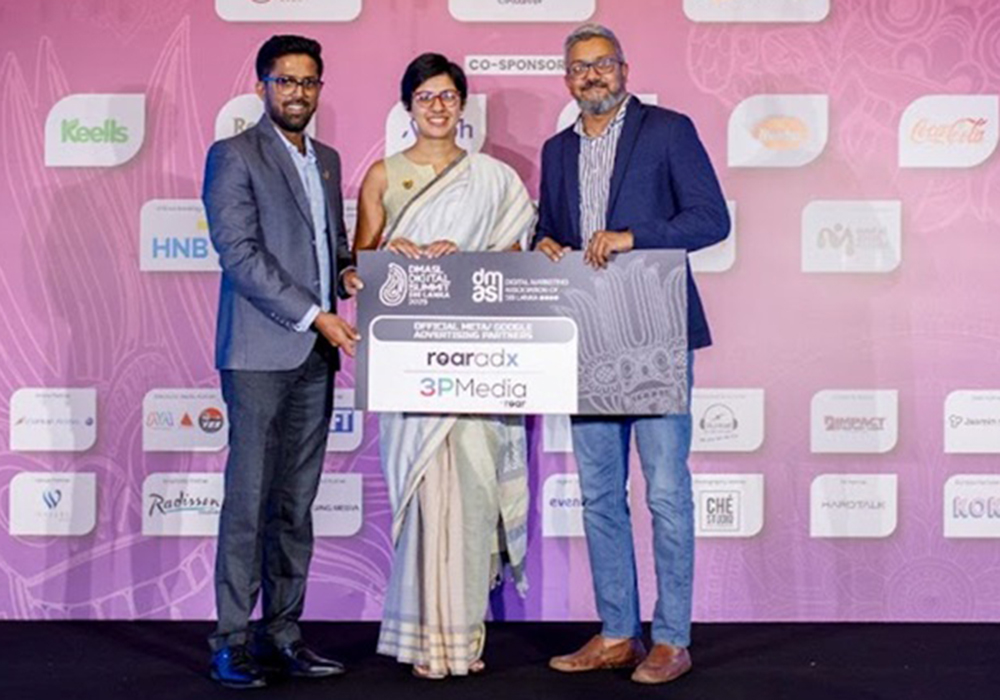
Roar Global partners with DMASL to power Digital Summit 2025
ON: June 30, 2025 -

Fuel prices increased in Sri Lanka
ON: June 30, 2025 -

Former Minister Gamini Lokuge has passed away
ON: June 30, 2025 -

SL only Asian nation in US tariff talks : Minister
ON: June 30, 2025

